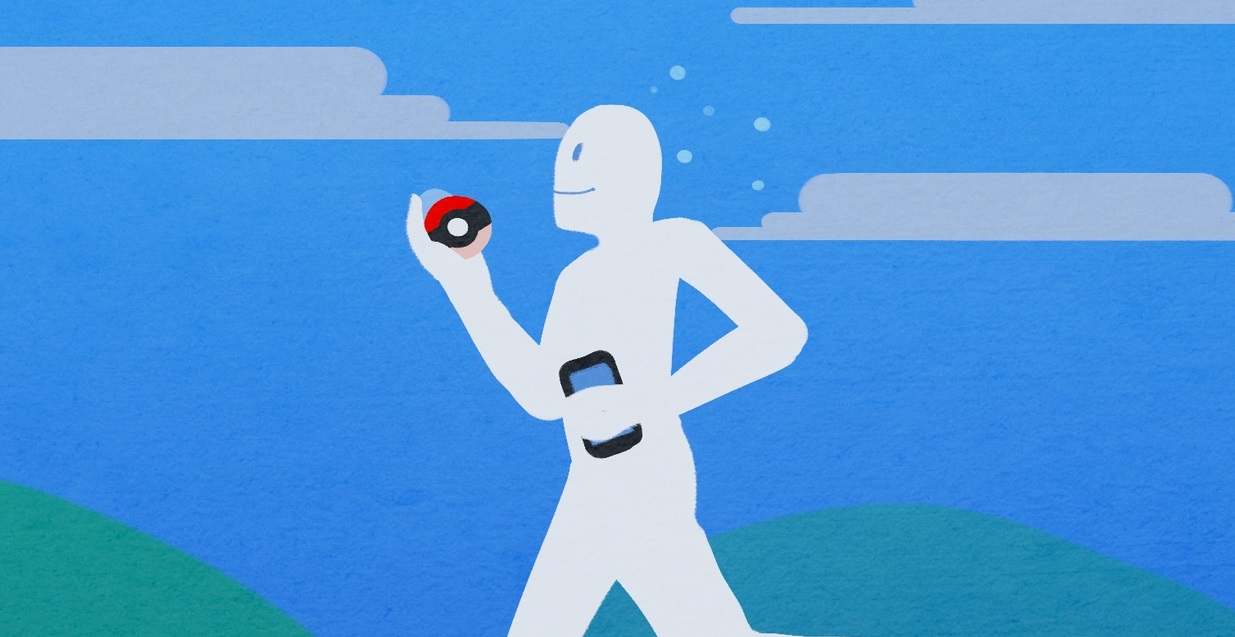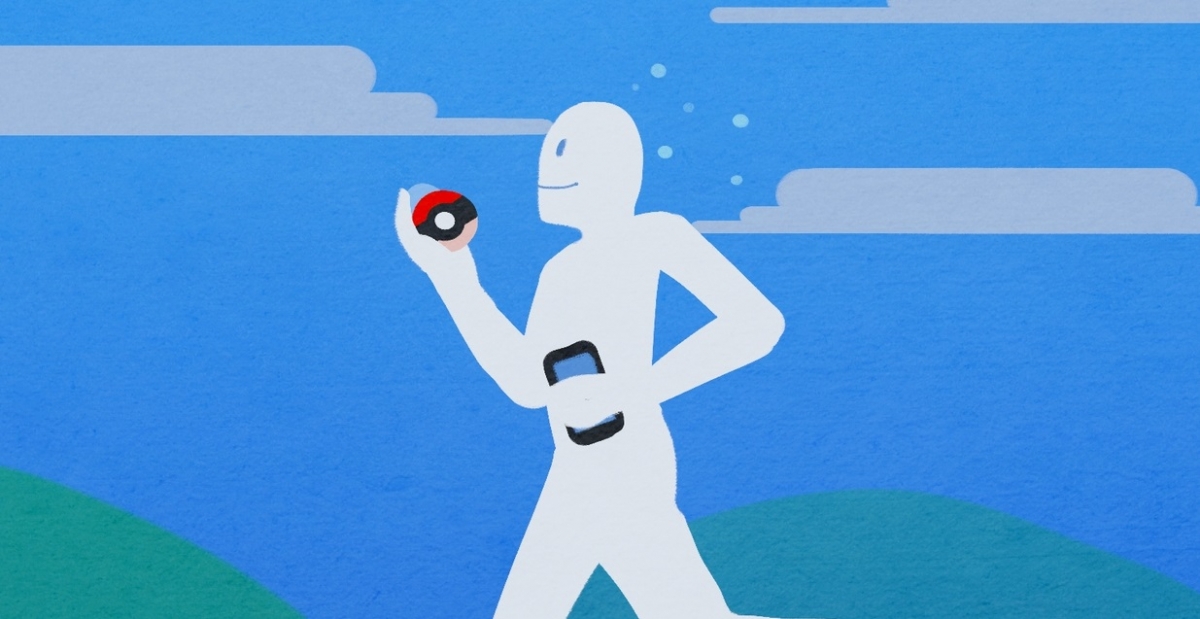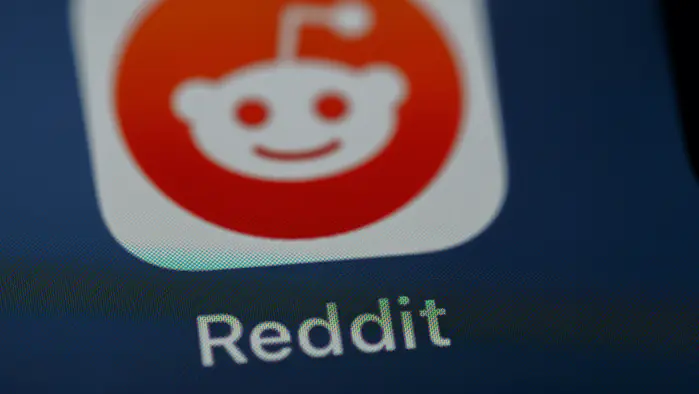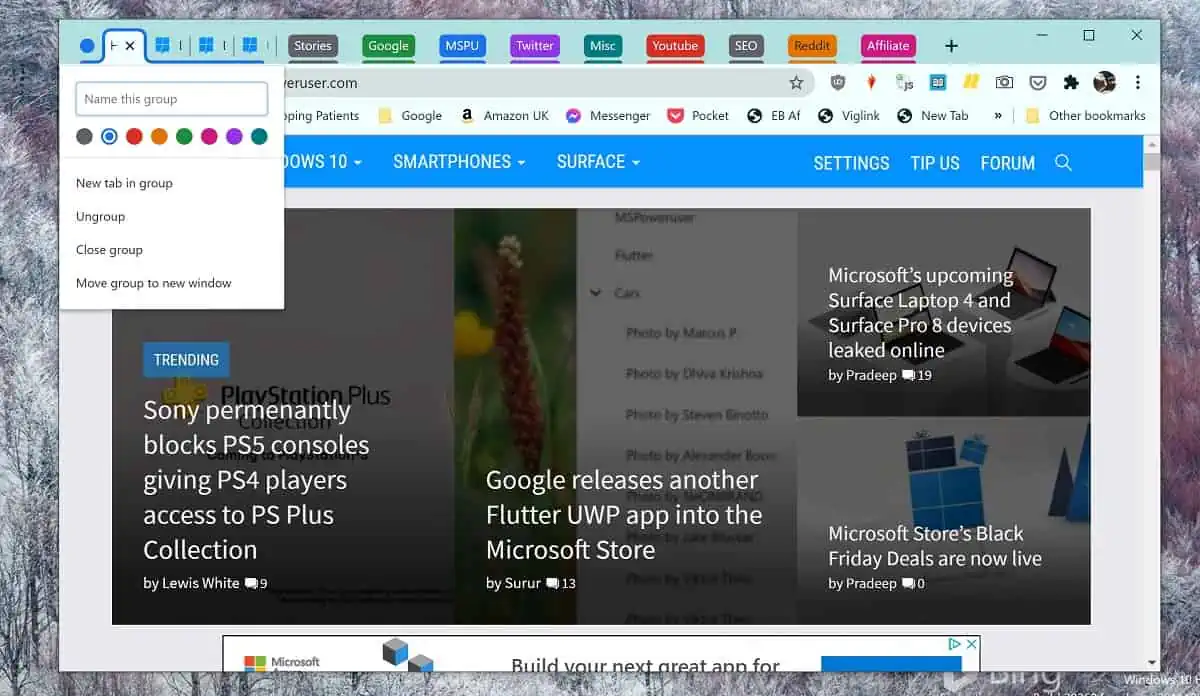Microsoft study finds Pokemon Go players could live longer
2 min. read
Published on
Read our disclosure page to find out how can you help MSPoweruser sustain the editorial team Read more

Windows Phone users are used to getting the short end of the stick when it comes to the latest app fad but now a collaborative study between Microsoft and Stanford has found they may actually end up dying earlier than their iPhone or Android-totting colleagues
According to a study from Stanford University and Microsoft Research highly engaged Pokémon Go players are getting an average of 26 percent more physical activity than they were before playing the mobile game, which can translate in up to 41 days of extra time on this green Earth.
Using data from 32,000 Microsoft Band users who agreed to have their searches tracked, they deduced who highly engaged Pokémon Go users were from their searches, and found they added 1,473 extra steps to their daily total, which, if sustained would have real health benefits.
“In the paper, we go through a life expectancy analysis based on the assumption that Pokemon Go would be able to sustain a 1,000 steps/day increase,” Stanford scientist Tim Althoff explained in a note to GamesBeat. “[That] is roughly an 18 percent increase for our users. We find that life expectancy would increase by an estimated 41 days per users. Across the 25 million US Pokémon Go users. This would translate to 2.825 million years additional life added to U.S. users. That highlights the massive impact that games like Pokémon Go could have on public health.”
“Personally, I’m most excited about the wide reach of Pokémon Go that makes this a physical-activity intervention at [an] almost societal-scale, if you will,” Althoff explained. “Many interventions only reach already active people, and we find that Pokémon Go actually did increase physical activity in large amounts for those that were very engaged with the game. Across the 25 million U.S. users that played during the first months after release, Pokémon Go added an estimated 144 billion steps to U.S. activity. On the other hand, other health apps we studied only drew from an already more active population. ”
“I think the big question is whether these games can sustain long-term engagement,” said Althoff. “Even if it’s not at the massive scale of tens of millions of users that started out playing, these games could make a really valuable contribution to public health.”
So should Windows Phone users jump ship for the sake of their health? Let us know below.









User forum
0 messages